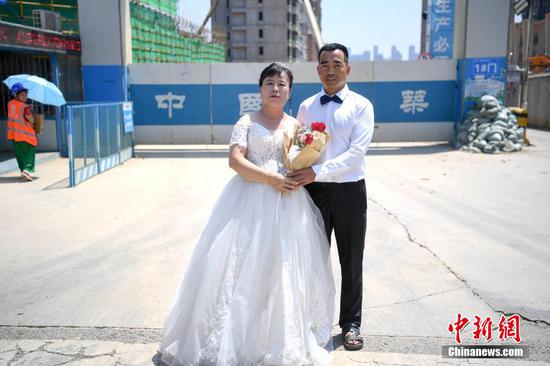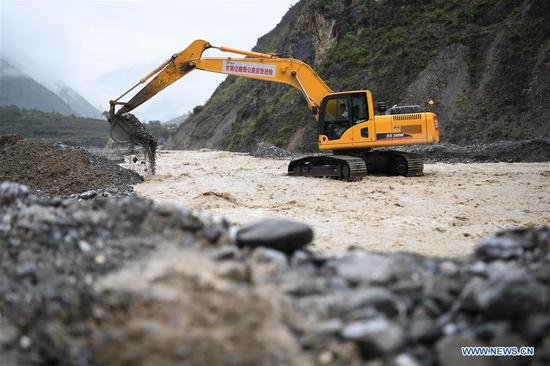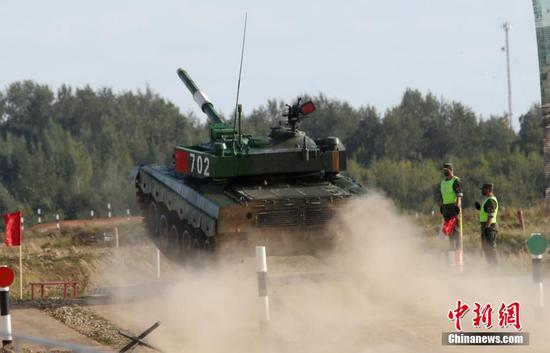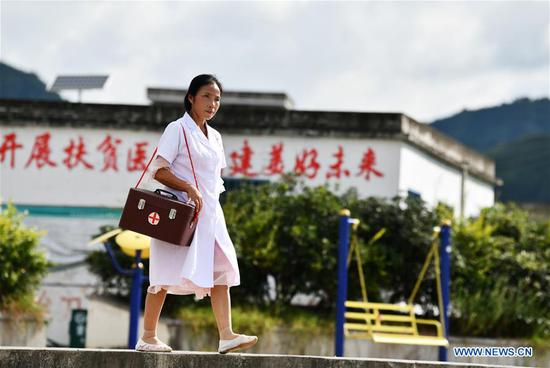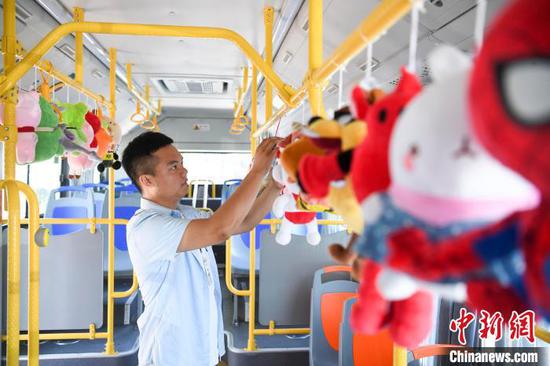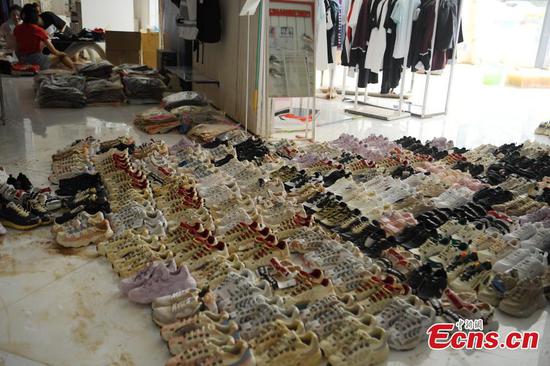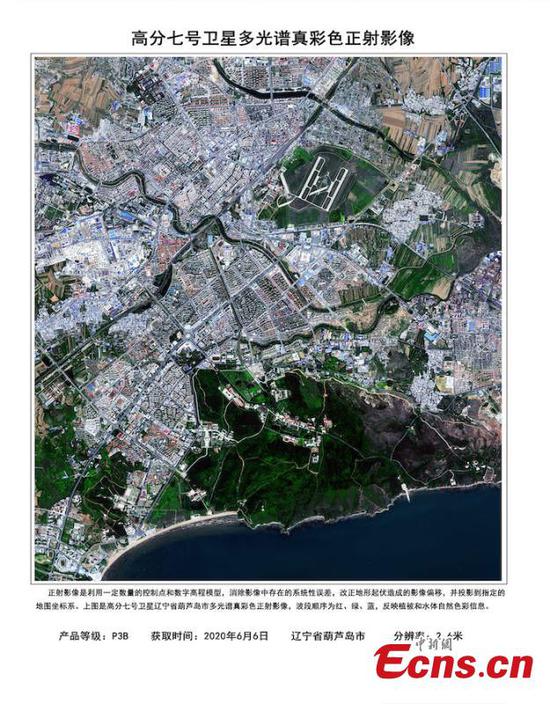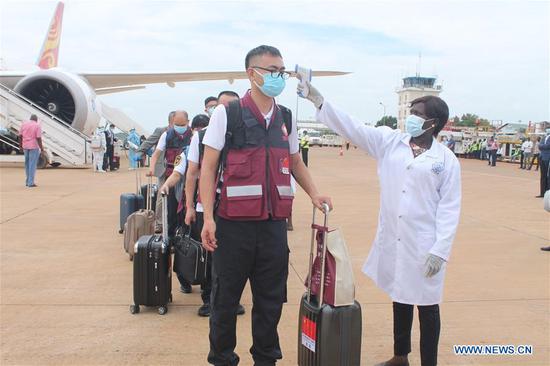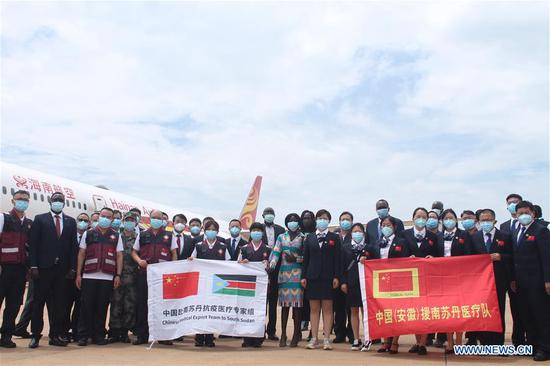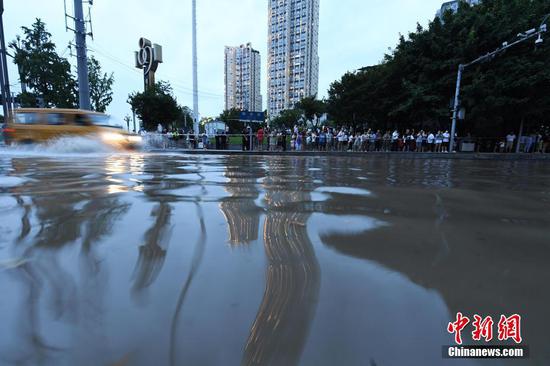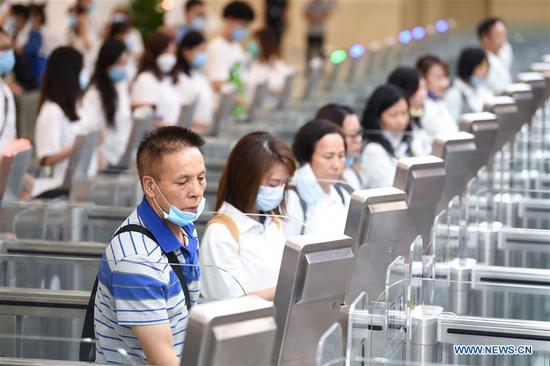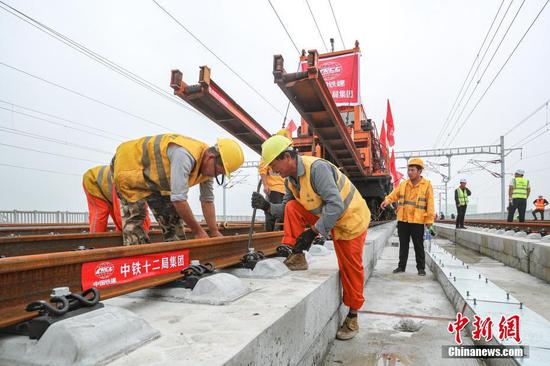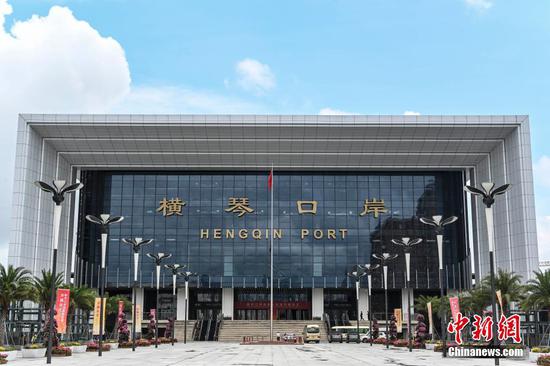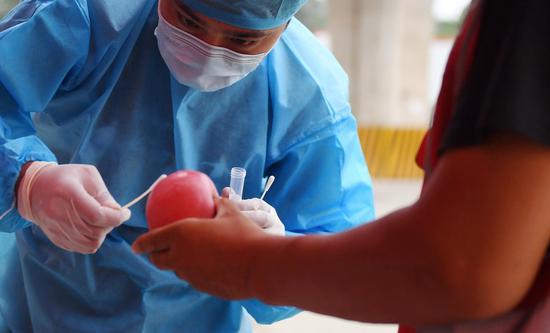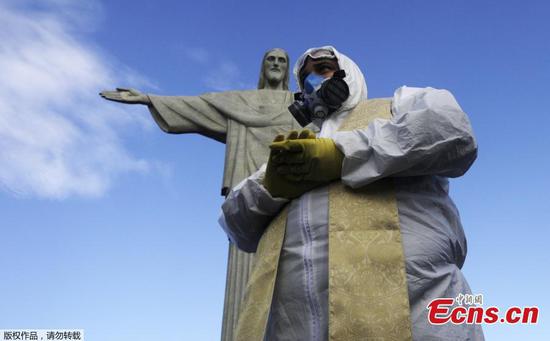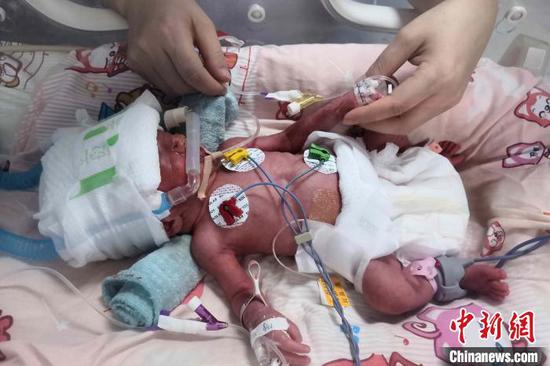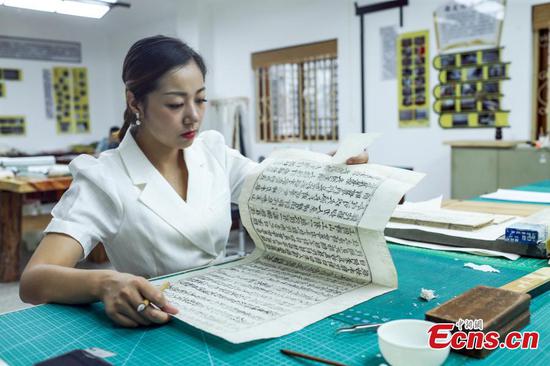Special payment mechanism enables local govts to quickly help businesses
China has nearly completed the special transfer payment of 2 trillion yuan ($289.72 billion) to local governments to support the economy, Vice-Finance Minister Xu Hongcai said on Wednesday.
It took less than a month from making the policies to implementing the fiscal fund transactions, said Xu. He called the special transfer payment mechanism, a channel that was established this year to directly transfer funds from the central government to the grassroots units, as "a great achievement" of fiscal system reform and innovation.
The central government said in May that funds would be made available to the prefecture-and county-level governments, through the special transfer payment mechanism, as a part of the nation's fiscal stimulus package to support the government's basic operations and mitigate the COVID-19 impact on businesses and households.
Of the 2 trillion yuan, 1.675 trillion yuan have been allocated to local governments and 1.45 trillion yuan of these have been injected into specific projects. The balance 300 billion yuan will be used to support the government's tax and fee cuts for this year, Xu said.
The purpose of the special fund transfer mechanism, designed amid the COVID-19 outbreak, is to ensure that the funds can be transferred directly to the primary-level governments and injected into projects immediately, and not allow provincial-level authorities to retain any money for their own use, said analysts.
The fund allocation process has been faster than scheduled and more efficient than the other fund transfers between the central and local governments. This has guaranteed the use of the funds and boosted investment, consumption and exports, said Xu.
A part of the funds was used for long-term COVID-19 epidemic prevention and control measures and for construction of public health systems, according to officials from the finance ministry. Wuhan in Hubei province, a hard-hit city, has set aside 4.73 billion yuan to support the reconstruction of hospitals in 11 central urban areas and for beefing up the city's primary medical and health service system.
Nearly 50 percent of the so-called "direct funds" was raised through bonds for COVID-19 control. The 1 trillion yuan quota for the purpose was completed by the end of last month, and the finance ministry has asked local governments to complete their annual quota for local government special bond issuances by the end of October.
The average issuance interest rate of the COVID-19 treasuries was 2.77 percent, 10 basis points lower than the average yields of general treasuries trading in the secondary market, the ministry said.
"The funds raised by the special treasuries have been sent to the local governments in advance, and the local governments are injecting the funds into specific projects, helping boost the real fiscal expenditure," said Wang Xiaolong, head of the national treasury department at the Ministry of Finance.
"The ministry will further strengthen the management of issuing general treasuries and local government bonds, to smoothly complete the government bond issuance task throughout the year," said Wang.
To ensure that all the funds can be used effectively, the ministry recently clarified that local governments can transfer some of the "direct funds", which cannot be spent this year, to other qualified projects, said Li Jinghui, head of the budget department at the Ministry of Finance.
The central government has reiterated that fiscal funds should be used to ensure focus remains on the "six priorities" of employment, people's livelihoods, development of market entities, food and energy security, stable operation of industrial and supply chains, and smooth functioning at the community level, and to ensure stability in the six areas of employment, finance, foreign trade, foreign investment, domestic investment and market expectations.










